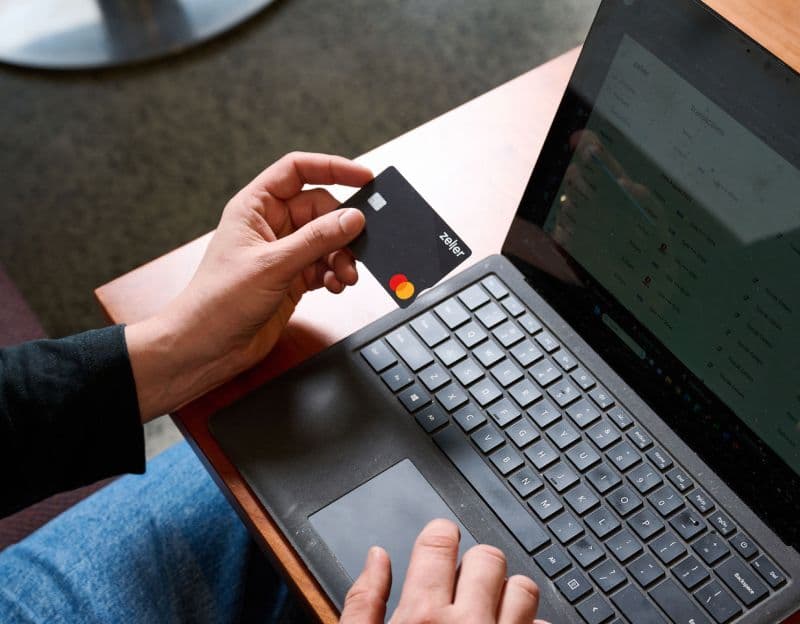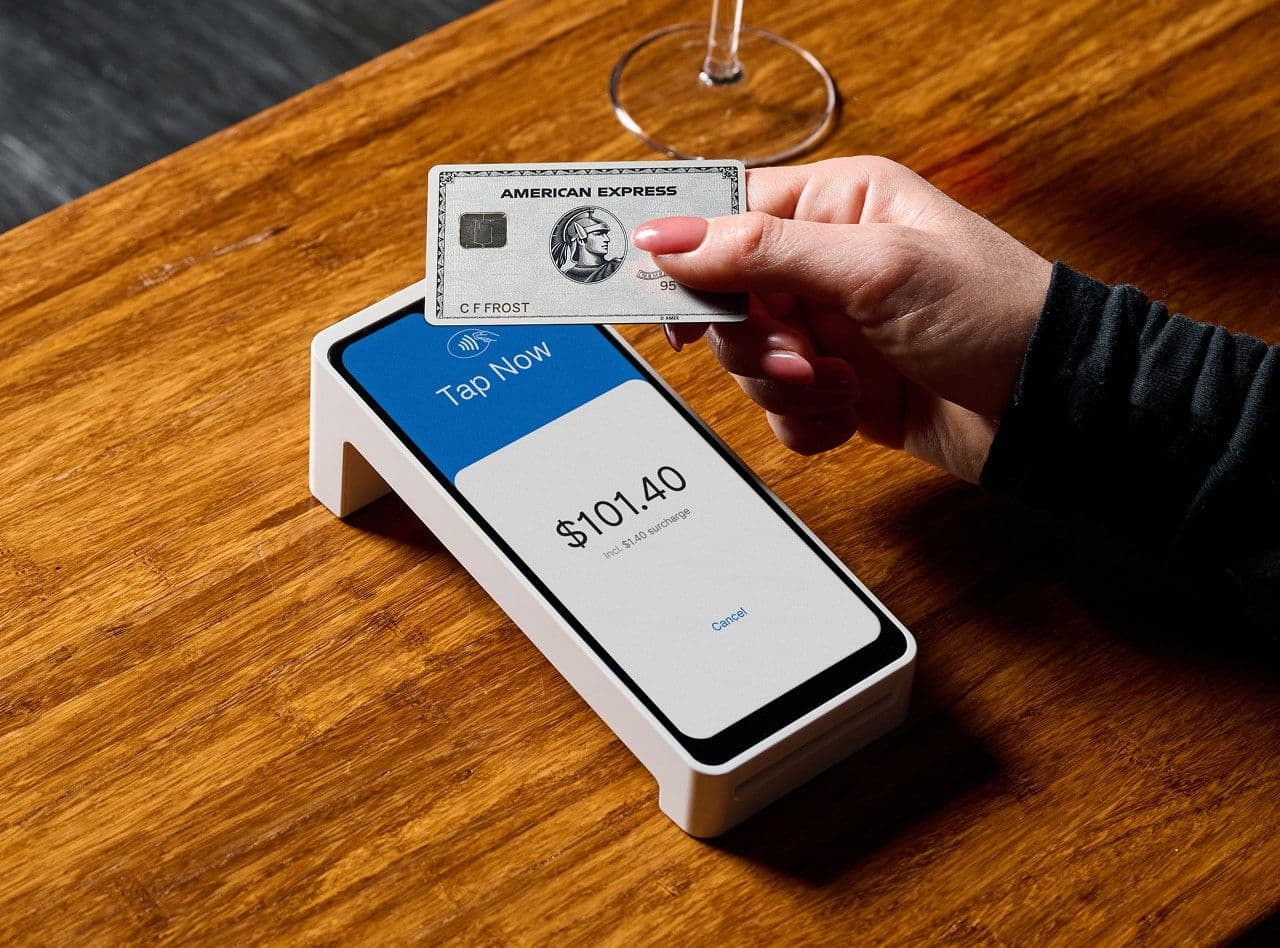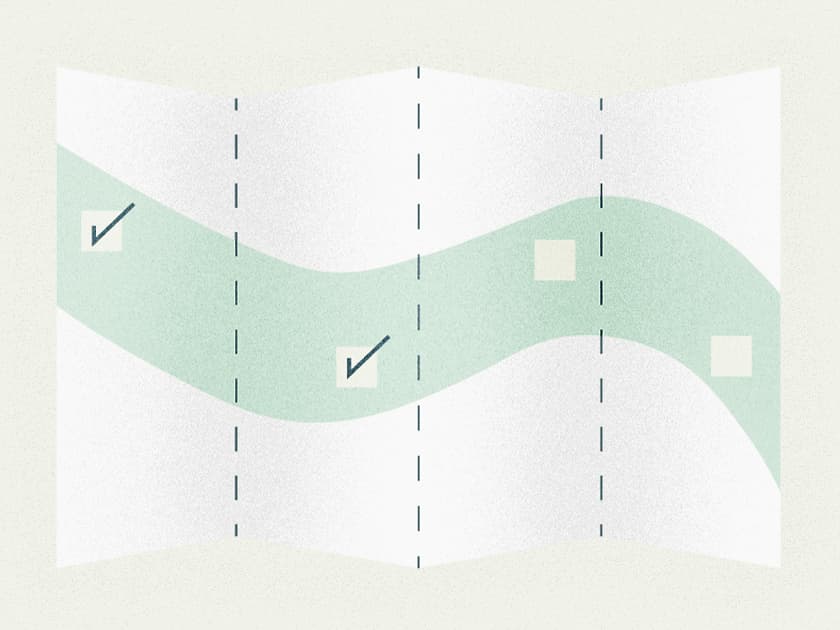
- Business Growth & Optimisation
Startup Costs: How Much Does it Cost to Open a Business?
Thinking of starting a business? Here’s how much it costs to be your own boss.
Transforming an idea into a fully-fledged business is a momentous achievement, yet it can be a costly endeavour — particularly if you’re unprepared for what it will cost. Factoring in your startup costs from the very beginning can help mitigate any nasty shocks along the way and put you one step closer to being the proud owner of a viable business.
Startup costs are all of the expenses incurred prior to your business generating any income. These costs can be categorised into a number of different buckets, or groups. Understanding these expense groups will help you plan ahead, apply for finance if necessary, and pursue commercial success within the competitive small business landscape.
So, how much does it cost to start a business in Australia? Read on to find out.
Initial business registration costs
First things first, you need to make your business idea a reality by registering it in Australia.
While it costs nothing to obtain an ABN – your unique Australian Business Number – or lodge a Tax File Number application, you will need to factor in a registration fee (approximately $512) when applying for company status and obtaining a business name (from $37).
Beyond those initial registration costs, there are a variety of expenses you should plan for in relation to your staff, premises, assets, insurance and inventory.
Salaries
Unless you decide to start solo, wages will likely be the biggest business expense you incur as an owner. The national minimum wage is currently $23.23 per hour, or $882.74 per 38 hour week. However, it’s important to keep in mind that more competitive salaries tend to attract quality talent.
Whatever way you approach hiring, be sure to do your research around industry benchmarks to ensure you’re paying a fair and appealing wage.
Rent and utilities
Your second biggest expense will likely be your rent. Think about the kind of space your business should operate from. Will you need a warehouse for inventory? A shopping centre retail space for your salon? A CBD venue for your bar? Whatever it is, do your research to get an indication of monthly commercial rent costs in your desired area.
You’ll no doubt have a strategy in place to market your new business, so it’s important to consider how heavily you will rely on foot traffic to draw your initial customers. Commercial tenancies in busy shopping centres or bustling high streets can be considerably more expensive than those in less busy areas, so it’s important to weigh up your options and consider the broader impact of any decision you make. You may need to invest more heavily in social media marketing if you set up shop in a less-frequented area, for example.
Now is also a good time to forecast your utilities, including internet, water, gas and electricity — not least because you’ll likely need access to all before you even make your first dollar.
Equipment and inventory
Similarly, the fit out of your space could be costly, especially if your business requires expensive machinery and equipment like coffee machines, commercial ovens and bar fridges. Secondary to your equipment is your inventory, which is anything you intend to sell.
While these objects will make you money in the long run, it will be a significant outlay to obtain them in the beginning. A good option when sourcing expensive machinery is to buy second-hand, from a reliable brand. Importantly, the government’s Instant Asset Write-Off — which enables eligible businesses to claim an immediate deduction for the cost of certain purchases up to $150,000 — extends to second-hand items.
In terms of inventory, a good tip is to purchase a diverse array of stock in minimal amounts, see what your most popular products are, and then grow your inventory with that insight. Although it will mean more regular purchase orders on your behalf, this strategy will enable you to save money and minimise wasted spend.
Professional fees
When it comes to starting a business, there are some things you won’t be able to do yourself. Accounting and legal tasks should be outsourced, for example.
An accountant and support from a lawyer will be critical to a compliant setup, and those fees won’t be cheap. Moving forward, you’ll likely need to pay someone to manage payroll and tax returns, as well as consult with a range of other specialists. Be sure to scope these costs in advance by requesting an estimate from multiple providers.
Insurance
No matter how ‘safe’ your café’s location, or how sturdy the building in which your salon is housed, you need insurance. And not just for physical sites or inventory, but also to protect your business entity. Professional indemnity insurance, public liability insurance, and product liability insurance are all valuable forms of cover, the cost of which will vary according to your provider, business type and claims history.
Keep in mind that insurance is a recurring cost. Look for a provider that can offer you a discount by bundling multiple policies, as well as a loyalty discount after you’ve been with them for a year.
Marketing
Once you have a business, you’ll need to market it. This means developing branding, building a website, purchasing signage, paying for advertising. Each should be considered an investment in your business. But like all investments, they require an initial outlay.
Your business’ brand is what will set it apart from the competition. The stronger your brand, the more likely your target customer is to notice — and then recognise — it. While it may be tempting to cut costs when it comes to your brand logo, web design and marketing assets, these are all critical elements to the success of your business. And, if you don’t get it right from the outset, you’ll be up for double the costs when you rebrand your business.
Additional small business start-up cost examples
Those were just the essentials. Depending on what line of business you’re in, there will likely be additional expenses that may not be mandatory yet could be hugely valuable to your operations.
Now is the time to consider whether a delivery van could support a takeaway service for your eatery, or if iPads could streamline your floor service, for example. You will likely consider an intelligent EFTPOS solution that makes almost any payment option possible.
The cost of accepting payments
One thing you may not consider in the early stages of starting a business is how much it will cost to actually accept payments from customers. You’ll want to start making money as soon as possible to get your cash flow running, yet accepting payments isn’t free.
While operating a cash-only business is an option, the inability to accept popular digital payment methods such as cards and digital wallets will see you miss out on a substantial cut of business. This is where you should make it your goal to accept as many payment types as possible, for as low a price as possible. For that, you need a merchant services facility - ideally, one that’s equipped to accept contactless devices, MOTO payments, card payments and QR codes, like the Zeller Terminal. You can even accept payments on the move, access real-time cash flow data, provide receipts in multiple formats, and pass surcharges directly onto the customer.
.jpg&w=1920&q=75)
Ready to get started with Zeller?
Sign up nowBetter yet, an intelligent EFTPOS terminal will ensure you get paid quickly — keeping your cash flow healthy, which in turn gives you the freedom to scale up your business sooner. When funds are accepted via Zeller Terminal, they are settled into your Zeller Transaction Account overnight and available for spending using your Zeller Mastercard, so you can purchase more inventory and pay your bills sooner.
Footing the bill for starting a business
As you can tell, launching a business isn’t a cheap exercise; depending on the type of business, it can require significant capital expenditure before you even open your doors. If you don’t have this money immediately on hand, there are a number of options — bank loans, crowdfunding, government grants, venture capital, and equity financing. It’s up to you to explore what option best suits your situation.
Now that you’re across the costs you need to plan for when starting up your business, and various ways to keep those costs to a minimum, keep up with the latest Zeller updates and announcements by subscribing to the Zeller Business Blog newsletter below.



